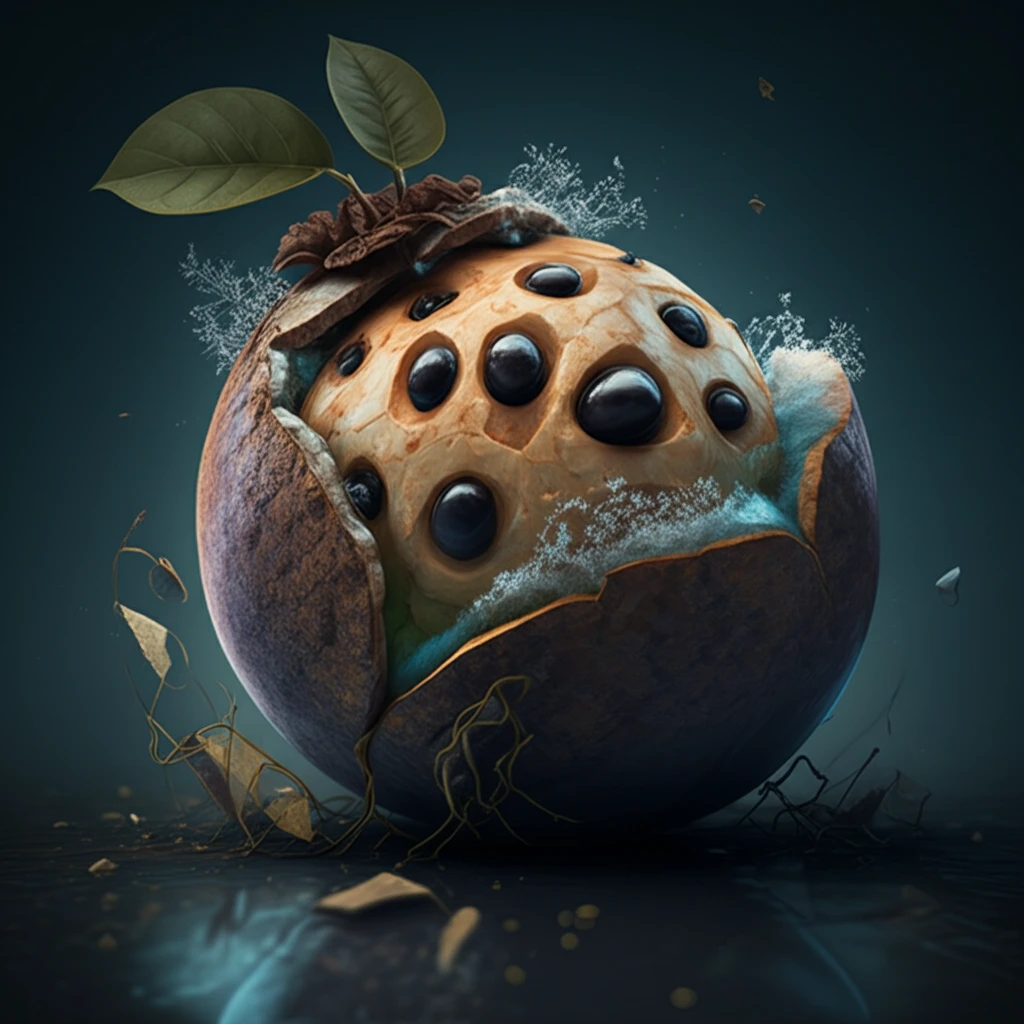
Bacuri Pulp Stability: How to Keep Your Amazonian Fruit Fresh for a Year
"Unlock the secrets to preserving bacuri pulp with our guide on freezing techniques and quality maintenance."
The allure of exotic fruits continues to captivate food enthusiasts and health-conscious consumers alike. Among these, the bacuri (Platonia insignis Mart.) stands out as a treasure from the Amazon. Known for its unique flavor profile and creamy texture, bacuri is not only a culinary delight but also a source of essential nutrients. As demand for this fruit grows, preserving its freshness and quality becomes paramount, especially for those outside its native region.
Freezing is a widely used method for preserving fruits, but how does it affect the delicate properties of bacuri pulp? Understanding the stability of frozen bacuri pulp is essential for both producers and consumers. This knowledge ensures that the fruit retains its nutritional value, flavor, and overall quality during storage.
A study conducted by researchers in Brazil delved into this very question. The research focused on evaluating the stability of bacuri pulp when subjected to freezing for 12 months. Their findings offer valuable insights into how to best maintain the integrity of this exotic fruit, ensuring its availability and appeal to a broader audience.
Freezing Bacuri: What Happens to the Pulp?

The study meticulously examined various aspects of bacuri pulp, including its physical, chemical, and microbiological characteristics. These attributes were assessed at regular intervals throughout the 12-month freezing period to determine any changes or degradation in quality. Let's break down what the research revealed:
- Vitamin C: Bacuri pulp isn't naturally high in vitamin C, and freezing further reduced its levels.
- Sugars: The total and reducing sugars experienced some fluctuation during the freezing period, but the overall impact was minimal.
- Phenolic Compounds: Interestingly, certain phenolic compounds actually increased over time, suggesting a potential enhancement of antioxidant properties.
The Verdict: Is Freezing Bacuri Pulp Worth It?
The research concludes that freezing is an effective method for preserving bacuri pulp. Freezing maintains its essential qualities for up to 12 months. The pulp remains microbiologically safe. Freezing preserves its taste and overall appeal. While vitamin C content may decline, the increase in certain phenolic compounds could offer other health benefits. This makes frozen bacuri pulp a viable option for enjoying the flavors of the Amazon year-round.
